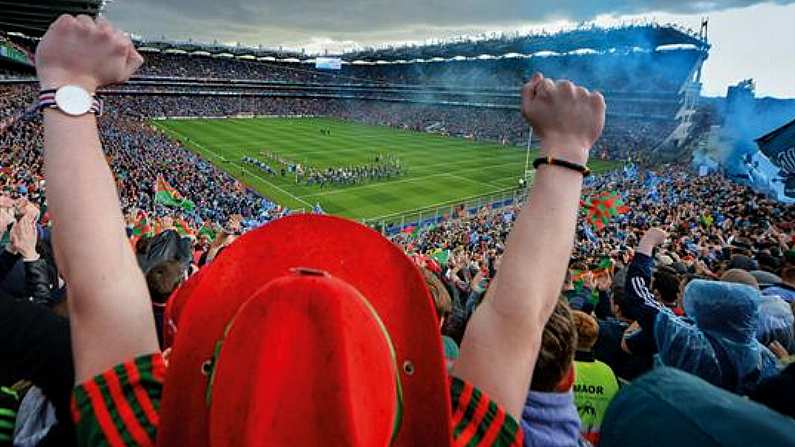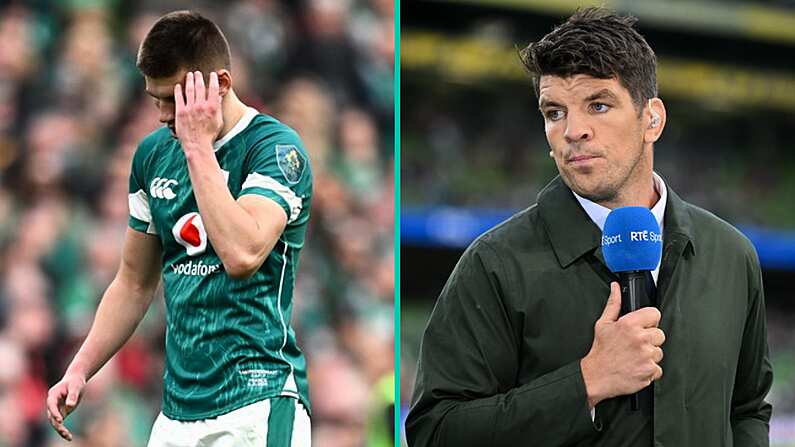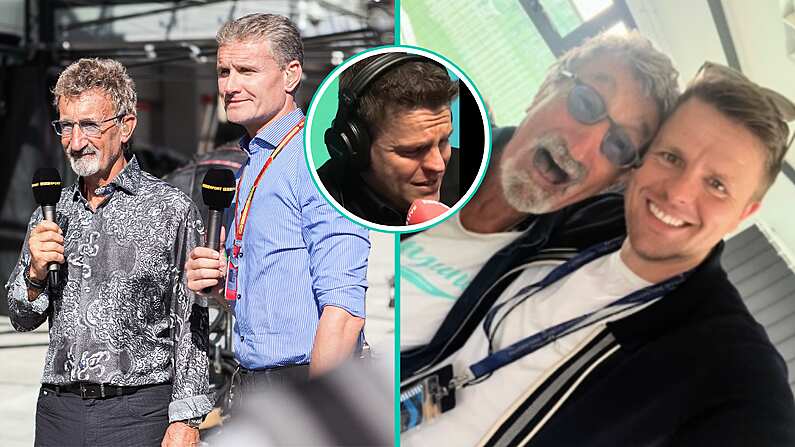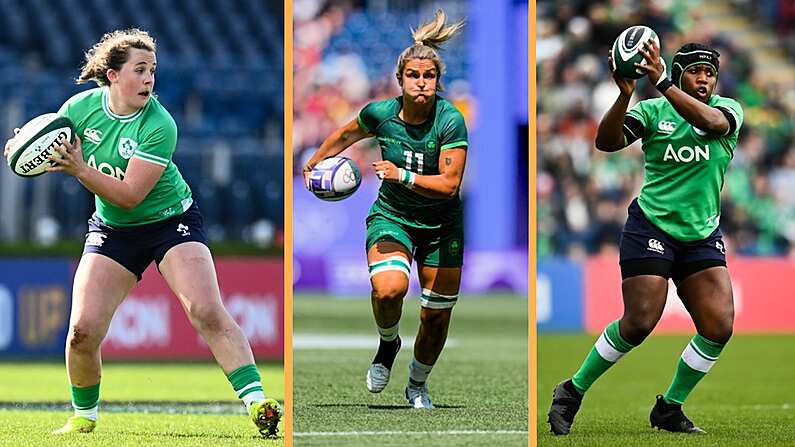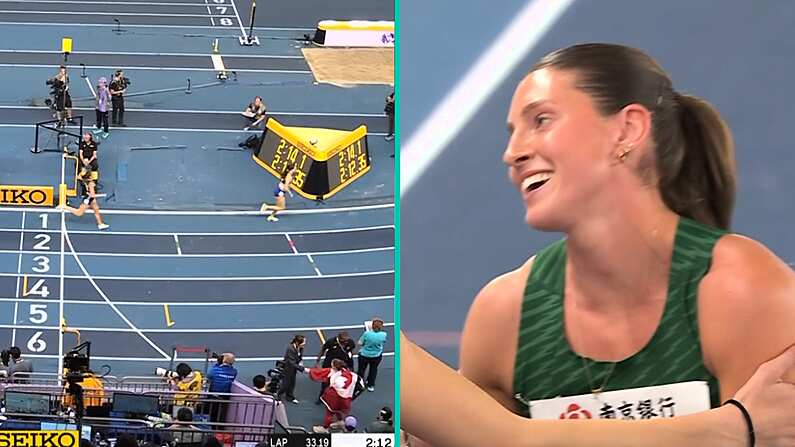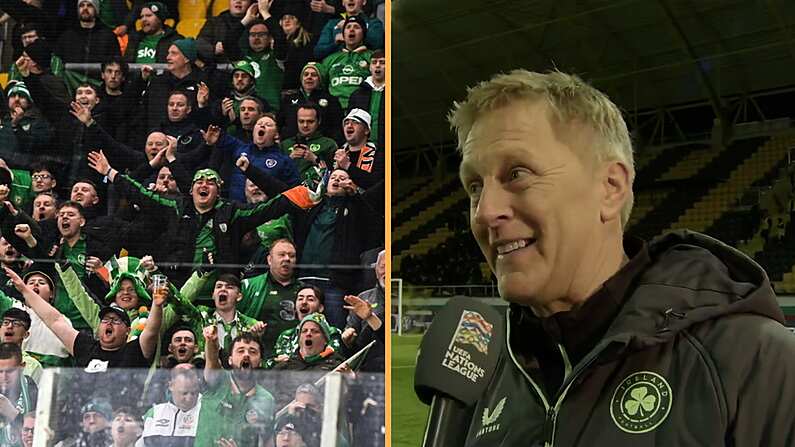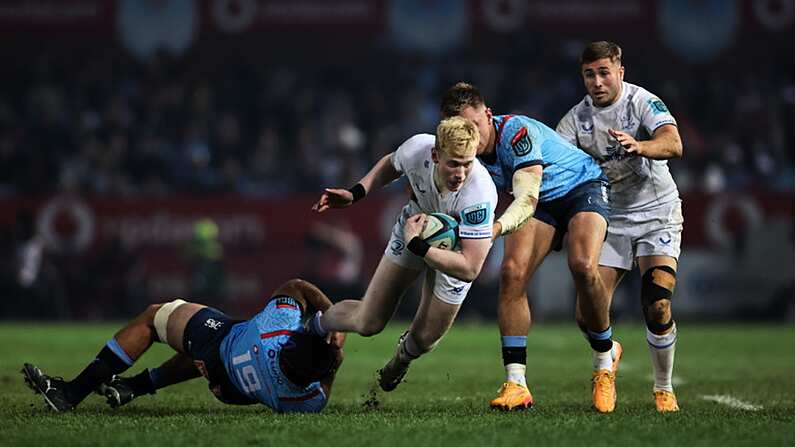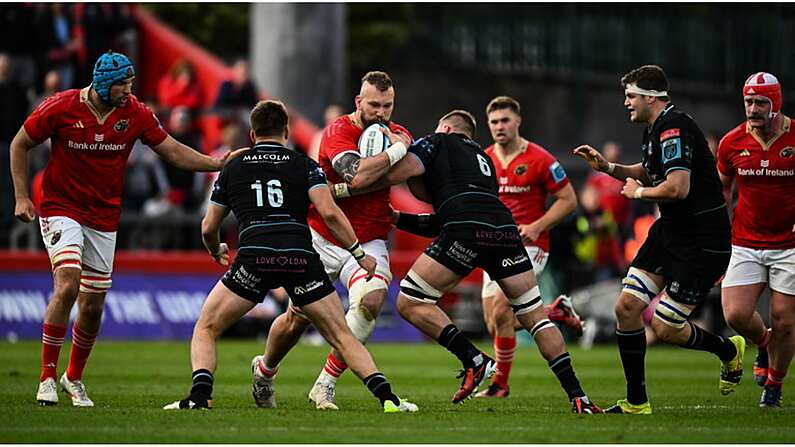Following on from a grim 2015 season, the 2016 championship at least gave us a dramatic finale. Tipperary overwhelmed Kilkenny in the second half of the All-Ireland hurling final, offering fresh hope to novelty hungry neutrals that the sun may soon be setting on the Cody-era dominance.
Meanwhile, the football final, though Mayo fans may hate to hear it, gave us perhaps the most agonising chapter yet in the House of Pain. Has 1996 been finally knocked from its perch? It's nearly ten years now since Keith Duggan published his tome on Mayo football. Volume II is presumably pending.
An invigorating September can make one forget the tedium of early summer.
For the second year in a row, the hurling championship offered up largely humdrum fare in early summer. It's been the case for quite a while now that the early part of the football championship is a festival of turkey shoots. To witness the hurling championship drift down the same road was dispiriting.
The Munster championship gave us a series of games that were either one-sided or low-scoring. The Leinster championship provided more of what we have come to expect. The eastern province may become even more dull if Galway do as they're now threatening, and pull out of the competition.
Waterford's defensive death grip, occasionally embraced by other teams, has been widely blamed for the snuffing the joy out of the hurling summer. What a surprise then that Waterford were central to two of the most exciting games of this or any season. It's a matter of debate whether the drawn game in Croker or the replay in Thurles was the better game. Both were thrill rides but there is a magic to a Saturday evening replay that's hard to match.
Recent history dictated that Galway were due one of their abject post-All-Ireland final defeat no-shows this year. Though they didn't return to the showpiece match, 2016 did ultimately buck the trend. They endured truck-loads of abuse after the Leinster final loss, which was deemed unacceptably similar to the manner of their defeat in the 2015 All-Ireland final. They responded well by dispatching a once again underwhelming Clare in the Thurles quarter-final, a game which would ultimately end Davy's tumultuous reign.
The same four teams have now contested the All-Ireland semi-finals two years running. Tipp and Kilkenny suffered wobbles in their respective semi-finals to come through to the final. All the chatter at the beginning of the year was of Tipp adding more grit and ballast to complement their swaggering attacking machine.
This came to fruition in the final. Tipperary in full cry are an awesome sight and their full-forward line brought more than their A-Game to the final. Seamus Callanan's haul of 0-13 has already been cited as one of the greatest September displays of them all, even if it wasn't enough to win him Hurler of the Year.
"We've waited six long years!" cried Brendan Maher from the steps of the Hogan. Not quite Anthony Daly but fair play they've suffered a few setbacks.
Tipperary were also headline makers in the football championship. Their exuberant style of play and their manager's relaxed approach to socialising was lauded by those pundits alarmed by the increasing joylessness of inter-county football. If it is true that managers have spent years attempting to transform their players into obedient automatons, then Liam Kearns is spearheading the liberal counter-revolution.
A few set patterns which had been established in recent years were broken. Ultimately, however, it might be stretching it to call it the year of the underdog. The new-l0ok Tyrone had been threatening to win championship silverware for a couple of years and finally slayed the Donegal dragon in Clones. In Connacht, Galway shocked Mayo at a time when their prospects had never appeared bleaker. They became the newest provincial champions of the decade after trampling over Roscommon in the Connacht final replay.
The final three games of the season provided an abundance of drama. Kerry rocked Dublin - and Stephen Cluxton - in the All-Ireland semi-final, entering at the break five points ahead. Kerry brought all their know-how and cleverness to the sword-fight and maintained the lead until the closing stages. But the 'blue wave' overwhelmed them in the closing ten minutes, as it has done in every encounter since 2011.
And so to the decider. Mayo's form wasn't as assured en route to the final. Their defeat to Galway was much referenced but their one-point quarter-final win over Tyrone was underappreciated. Despite nailing the final three points of the match, conventional wisdom that Mayo would be most dissatisfied after the drawn game.
"The Dubs won't play as badly again," was the cliche of the fortnight between the drawn game and the replay. Ultimately, the popular wisdom proved correct, though it was a squeaker. Footballer of the year Lee Keegan's black card was bitterly resented by Mayo fans who had accused a coterie of ex-Dublin players of waging a concerted campaign against the player.
Cillian O'Connor, the saviour in the drawn game, missed a tricky late free to take the match to extra-time. But for all the angst, James Horan is surely right when he says that on balance Dublin probably should have won by a couple more points. In four seasons, Jim Gavin has won three All-Ireland and four League titles. His only significant loss remains the 2014 All-Ireland semi-final. The first three-in-a-row since Kerry '86 is on the cards for 2017.
In camogie, Ann Downey guided Kilkenny to their first All-Ireland title since she was a player. Oddly, Kilkenny's golden era in camogie ran from 1985 to 1991, a time when their senior hurlers failed to win an All-Ireland. Their victory over Cork in the decider ended a 22-year famine.
The ladies football final provided controversy and shone an unfortunate spotlight on the LGFA's refusal to shell out for Hawkeye. A first-half Dublin point was waved wide and they went down by a point. Though, it should acknowledged that they scored a penalty at the death to reduce the arrears to that point.
It wasn't the first score-related controversy in Croker that year. The Christy Ring Cup final, however, was replayed after a scoreboard error resulted in everyone thinking Meath had beaten Antrim by a point. Meath, who had already collected the Cup, were unwilling to replay the match simply on the grounds that they had accumulated the same score as their opponents. The GAA forced a replay. Meath won out again, this time actually by a point.
Cork's historic run continued - they now have an extraordinary 11 titles from 12 years - and the Dubs suffered yet more heartbreak. As the Americans would put it, they've endured a three-peat of defeats.
What are the great GAA questions of the day as 2016 draws to a close?
At the beginning of the year, it became apparent that every GAA columnist in the known world had presented his or her alternative championship formula and it was agreed that everyone would have to stop writing about it. "I'm sick to death of championship formulas," Aidan O'Shea told a roomful of journalists in February, having been asked about the matter for a thousandth time. Message received.
This was soon replaced by an obsession with the related problems of the calendar and the treatment of club players, which culminated in the foundation of the Club Players Association late in the year. Time will tell whether they'll earn the same traction as their 'elite' brethren in the GPA, who brokered a landmark €6.2 million deal in 2016.
Elsewhere, the black card now has fewer advocates than the war in Iraq and Sean Cavanagh has taken to issuing public apologies on Twitter every time a controversial one is dished out (all of them are controversial). Some players are demanding its simple abolition (Repeal the Black!) while others are suggesting radical modifications to the rule, the most interesting being Micheal Quirke's proposal that a cynical foul anywhere in the pitch result in automatic scoreable free close to goal.
But thus far, they only reform forthcoming on the playing front is 'The Mark', surprisingly introduced at Congress this year and designed to incentivise high-fielding in midfield.
The GAA finally got around to presenting their own alternative championship structure. Bizarrely, the so-called weaker counties were not the focus of the re-structure. Instead, they want the football quarter-finals to become two robin-round groups of four, leading to more games between top-tier sides.
On the matter of the so-called weaker counties, many are now finally discarding the prefix and those of us who still use it only do so ironically. For them there is little on offer in the new system beyond the vague promise that the money generated from the new fixtures will be re-distributed. There is also an uncomfortable sense that hurling is being downgraded, with the final envisioned to take place in August before the football semi-finals have even concluded. The changes go to Congress this year.
One thing we know is that Sky Sports will be granted their portion of exclusive games. Over the protests of a noisy segment of the GAA membership, the deal with the broadcaster has been renewed for another five years.
Read more: "It's Not Hard To Figure Out They're Talking About Aidan O'Shea" - Fallout From Holmes And Connelly Interview Continues

